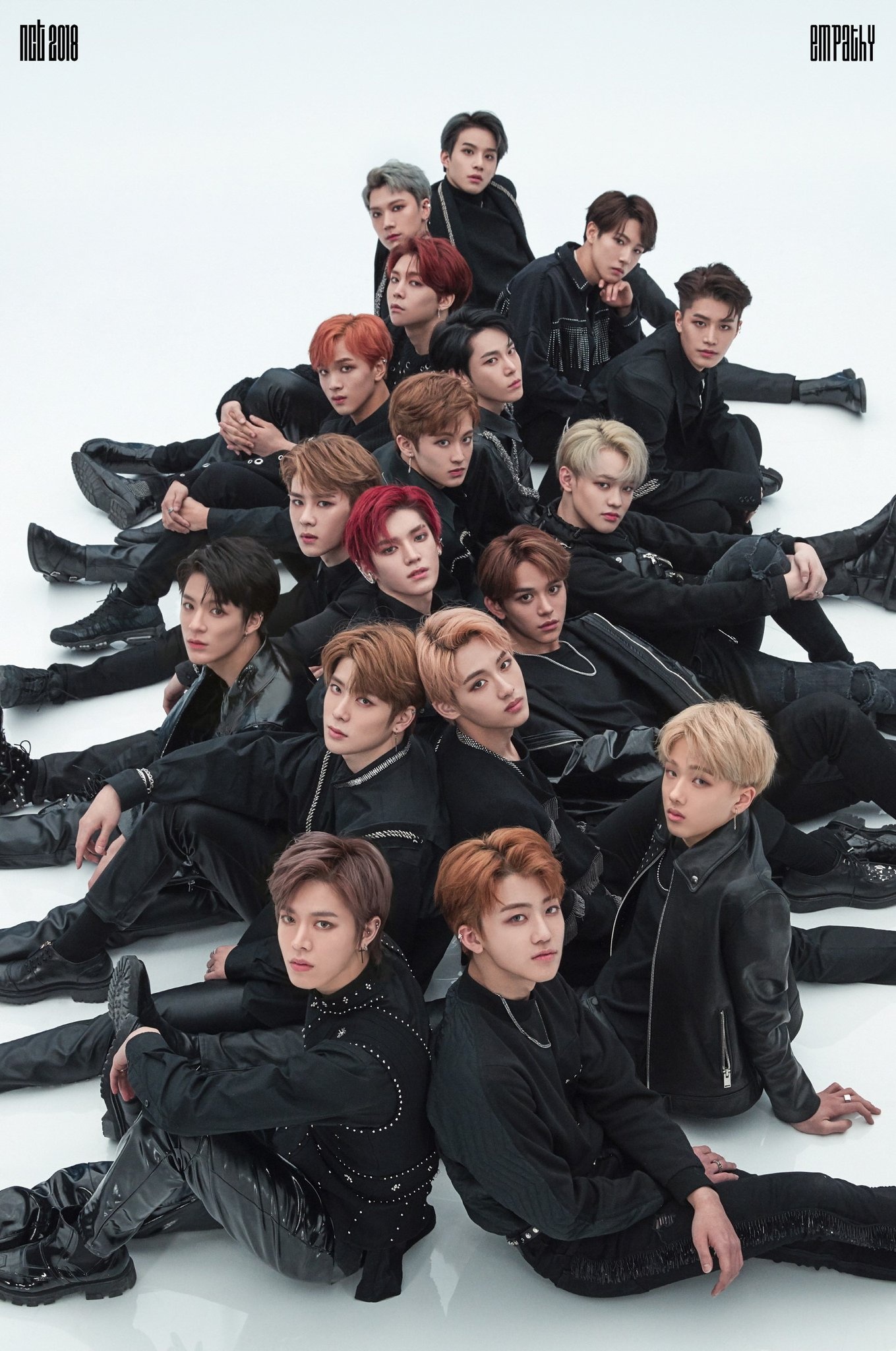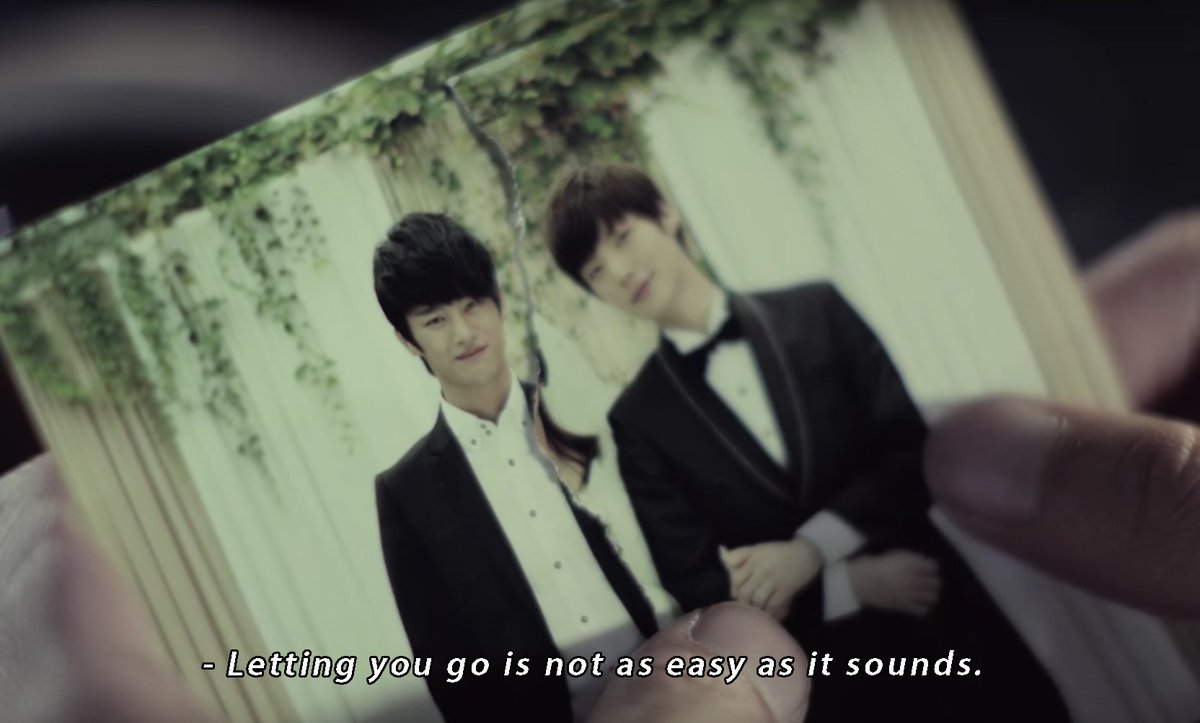My Growth with Kpop
It all started in the fall of 2010, my last year of high school. I was bored and browsing a pre-Facebook social media site when I came across a picture of a group of very attractive Asian men. I learned the band's name, went onto YouTube looking for more, and got my first taste of Kpop. I really can’t say for sure why I liked it so quickly, or why I was willing to give up all the songs in my iPod and start all over again from scratch. My music tastes before Kpop were American pop acts such as Jennifer Lopez, Lady Gaga, and Pink, as well as rock groups like Skillet, Paramore, and Linkin Park. It felt like there was a big shift in the music scene happening, at the time. There were so many pop songs on the radio and then hip hop came back. The music was good, but I just was not impressed with it anymore. I wanted something more. https://www.youtube.com/watch?v=fA_rXpyF67s
When I watched my first Kpop video, "Bad Girl" by B2ST (pronounced Beast, now known as Highlight), it was an instant love connection.
The genre itself went above and beyond my expectations. It seemed familiar to me, someone who had grown up with boy groups like Backstreet Boys, N’sync, B2K, B5, and NLT, but in a different language. With "Bad Girl," I fell in love with the sound of the song and the attractive boys were an added bonus. The video had color, intriguing choreography, and style. With the knowledge that there were whole new sets of rules to the pop genre, my curiosity led to more music and more groups. After that, there were groups like 4minute, Big Bang and 2NE1, MBLAQ, Super Junior and Girls Generation.
What I Like

Large groups and the roles within them

In groups like Exo or Seventeen that have a really large member count, it's important to not have all the members do the same thing in a title track. In a smaller group, individual members will have roles, such as the leader, the dancer, the vocalist, and the rapper. Larger groups have similar roles, but with supporting members who serve as secondary vocalists, dancers, and so on.
One of the best comebacks - releases of new material from a Kpop artist or group, including new music, videos, accompanying choreography, and sometimes a new style - for Exo, in my opinion, was “Wolf.” This is great example where all the members had a specific purpose in the song and choreography. If one member was being featured, different sets of members would be doing something different related to the concept while they waited for their turn to take center stage.
The group Seventeen is even more structured and all of what I just mentioned happens in every comeback they make. The members of the group were chosen in a process that aired as a reality TV series, giving the public early access to the group's formation and helping to build a fanbase even before their debut. Their music, choreography, and image makes this a kind of group worth waiting for. Please check out this video on Seventeen’s debut song, “Adore You.”
https://www.youtube.com/watch?v=wPYLRdLZ5ts
Storylines

BTS is a great example of a group that uses narrative in their videos. Their rise to fame is quite miraculous and it's affecting other Kpop groups and their role in America. But if you look at their videos, it can get pretty confusing. Their image when they debuted was young men reaching out inspirationally to other young men and women, musically explaining the struggles of teens in their own country. BTS writes their own music from truth and experience, and I think that one of the reasons BTS became so famous was because their songs were more real than the average pop song. That kind of storytelling was more popular in the 90s when Seo Taiji and Boys and H.O.T were rocking the Kpop scene.
As BTS continued their career, their videos are centered on this one story plot that seems to center on the members of the group going through major emotional trauma. It started in the second comeback after their School Trilogy, with “I Need You.”
https://www.youtube.com/watch?v=2gWIjRqvtnI
Instead of the storyline resolving, it just keeps developing with every comeback they’ve made after that. No real beginning, and it feels like there won’t ever be an ending either. BTS’s fanbase creates theories on their own to interpret the different meanings behind each video.
Music Video Concepts

Some Kpop videos have no "concept" beyond showing the band performing. The set may feature some interesting design, but the main point is to feature the group singing and dancing. Other videos are more narrative or at least based around a particular theme. Some concepts may be present throughout an entire album or even an entire era in the group's career.
The group, Vixx, is known in the Kpop community as being the concept kings. While other Kpop videos are quirky, energetic, relaxing, sexy, or just a whole lot of pink, Vixx is the only group that can pull off a darker concept in their videos. The concept matches everything else: the wardrobe, the song lyrics, and the choreography. The best example is when Vixx did a Dr. Jekyll and Mr. Hyde themed concept in the music video “Hyde.” They also made a Greek mythology trilogy, with each album and title track based on a different Greek God. Their most famous one comes from their Hades album called “Fantasy.”
https://www.youtube.com/watch?v=IuaRdAozUI0
What I Don't Like
The dominance of the big three music companies
In the Korean music industry, there are three top music companies: YG Entertainment, JYP Entertainment, and SM Entertainment. When I first got into Kpop, these three labels each released artists through one type of music genre. YG was more Hip Hop, SM was into pop and dance music, and JYP was more successful as an RNB label. Due to the competition between all three entertainment labels, their styles of music changed drastically over the years. YG signed artists from outside of hip-hop, such as Lee Hi, and AKMU. JYP tried going for a hip hop sound, and SM Entertainment experimented with other styles of music. They even launched a program, called SM Station, where outside musicians working in different genres collaborate with SM and its artists, such as “Dancing King” by Yoo Jae Suk and Exo, and a cover of Michael Jackson’s “Man in the Mirror” by Boa and Siedah Garrett.
Artists that come from the top three labels have more popularity, and compete with each other if their comebacks release at the same time.
There are still plenty of artists outside the top three that are just as popular; such as BTS, Hyuna, Seventeen, Monsta X, and Momoland.
Underrated artists and groups can make good music, and have a steady fanbase. They just won't be the artists that are known for being the "faces of kpop." With all the hundreds of artists and groups that debut each year, the majority get shadowed out by the groups with a much bigger fanbase to the point where the underrated groups cannot last in the music industry and have to disband. For example, a really good girl group that was on the underrated side that disbanded was Spica, and a boy group that has been around since 2011 but never achieved huge success is Boyfriend.
The Pressures
I have briefly covered this issue in my intro post, but I feel the need to keep bringing it up. I don't know if this is a Korea thing, or a general music industry thing. The price of fame really takes a toll on a person: physically, mentally, and psychologically. Situations like crazed fans stalking an idol at a family event or idols having to officially apologize to their fans for dating someone are extremely stressful and overwhelming no matter if an idol was fully aware of the consequences or not when signing a contract. Just because the idols may see this as the everyday norm doesn't mean I have to like it. Yes, I love the music, but I do not love the pressures to conform that take such a toll on the idols' physical and mental health.
Their are tons of videos discussing these issues, so I will leave you with this if you want to learn more.
https://www.youtube.com/watch?v=49cbmtnRKCA
Why have I loved Kpop for so long?
Despite my dislikes. I have so much love for Kpop and appreciation of the culture behind the music. Yes, Kpop has flaws, a lot of flaws, but it's the first thing I think about when I wake up and the last thing on my mind before bed. It has gotten me through tough times, and is always there when I need it. People might not understand why this genre of music means so much to me, but it has been an important part of my life. To all the artists who work so hard to create it, thank you.
